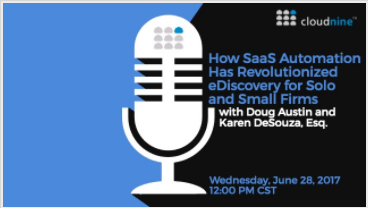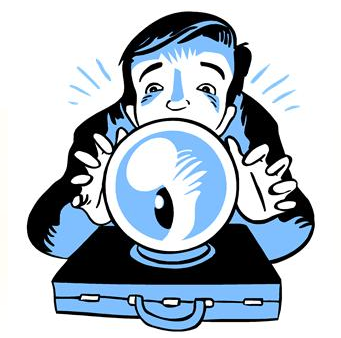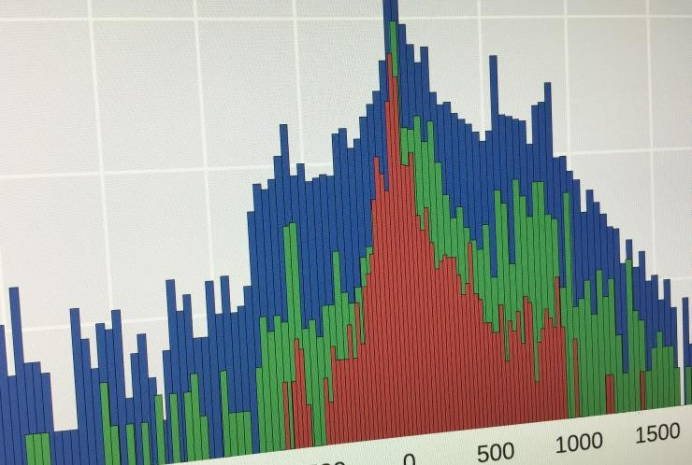Court Grants Summary Judgment After Plaintiff’s Spoliation Motion Denied: eDiscovery Case Law
In Taylor v. Thrifty Payless, Inc., d/b/a Rite-Aid, No. 16-00474 (D. Oregon, May 12, 2017), Oregon District Judge Marco A. Hernandez granted the defendant’s motion for summary judgment after denying the plaintiff’s request for spoliation sanctions against the defendant for failing to preserve store videos that were taken on the day of her slip and fall in the defendant’s store.
Case Background
In this slip and fall case in a defendant store, the plaintiff sued the defendant after she slipped and fell in a large puddle, eventually claiming “significant pain” to her hand and wrist. As a result, the plaintiff filed suit, alleging that the defendant “a) failed to make the premises reasonably safe; b) failed to take reasonable steps to promptly remove the puddle of liquid from the Rite-Aid store floor; c) failed to adequately warn Plaintiff by placing cones around the area of the liquid on the floor; and d) failed to properly secure the area, knowing that the puddle of liquid could pose additional risks to patrons of the store.” After discovery, the defendant moved for summary judgment.
On the day of the spill, the store manager reviewed the security tapes from the time of the incident, and did so again a day or two later with the defendant’s Risk Management group, and found that the cameras did not cover the area of the spill. As a result, the defendant did not keep the footage of that day’s events, adhering to its policy of deleting video footage every thirty-seven days. The plaintiff argued that the defendant’s failure to preserve was the reason for her lack of evidence and asked the court to deny summary judgment as a sanction for the defendant’s destruction of the security video. The defendant argued it had no obligation to preserve the video because the video did not show the spill itself and, therefore, would not have contained any relevant evidence.
Judge’s Ruling
In considering the facts associated with deletion of the video footage, Judge Hernandez stated: “Defendant did not destroy the videos in response to this litigation. Cases make clear that ‘in response to litigation’ means after a complaint has been filed, a discovery request has been made, a letter openly threatens litigations, or some other reason indicating that litigation is likely… Plaintiff herself points out that the surveillance footage is erased from Defendant’s hard drive every thirty-seven days…The erasure occurred when Defendant knew only that Plaintiff had fallen and hurt her wrist. There was no basis for Defendant to conclude that litigation was likely.” As a result, Judge Hernandez concluded that “Sanctions for spoliation are inappropriate here.”
Therefore, in granting the defendant’s motion for summary judgment, Judge Hernandez stated: “Plaintiff’s arguments are not supported by direct evidence or logical inference. Instead, she relies on speculation and conjecture which is insufficient to create an issue of material fact precluding summary judgment.”
So, what do you think? Do plaintiffs in “slip and fall” cases face an uphill battle in obtaining sanctions for deletion of video at the site of an accident? Please share any comments you might have or if you’d like to know more about a particular topic.

Disclaimer: The views represented herein are exclusively the views of the author, and do not necessarily represent the views held by CloudNine. eDiscovery Daily is made available by CloudNine solely for educational purposes to provide general information about general eDiscovery principles and not to provide specific legal advice applicable to any particular circumstance. eDiscovery Daily should not be used as a substitute for competent legal advice from a lawyer you have retained and who has agreed to represent you.






